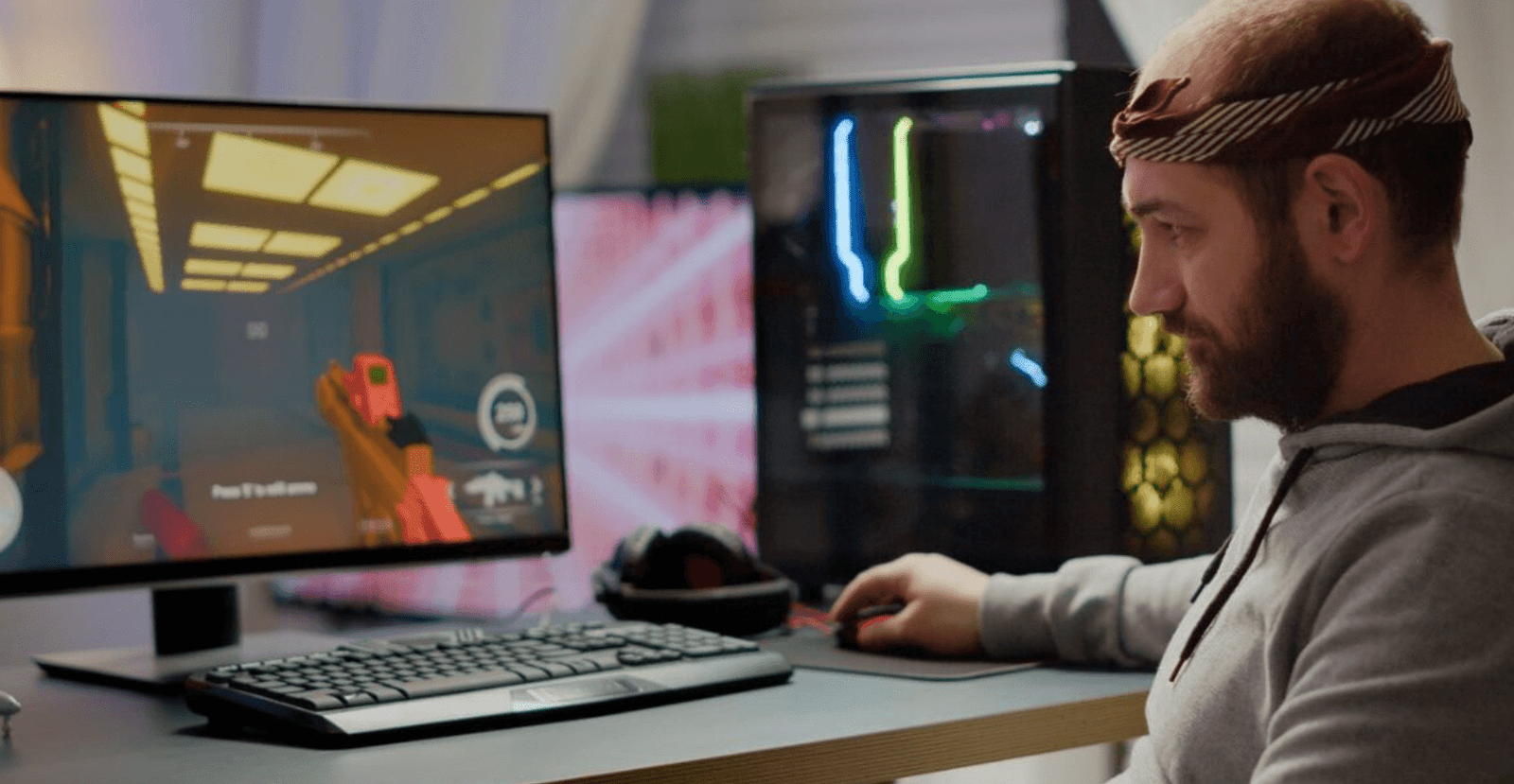
PlugboxLinux: The Comprehensive Guide
PlugboxLinux is a lightweight, user-friendly Linux distribution designed for simplicity and efficiency. Whether you’re a beginner or an experienced user, PlugboxLinux offers a robust platform for various computing needs. This guide provides a detailed exploration of PlugboxLinux, covering its features, installation, configuration, and optimization.
What is PlugboxLinux?
PlugboxLinux is a minimalist Linux distribution derived from Arch Linux. It aims to provide a straightforward, streamlined experience, making it ideal for users who want a clean, efficient operating system without unnecessary bloat.
History and Evolution
PlugboxLinux began as a community-driven project to create a simpler Arch Linux experience. Over the years, it has evolved to include various user-friendly features and tools while maintaining its minimalist philosophy.
Key Features of PlugboxLinux
PlugboxLinux boasts several key features that set it apart from other distributions:
- Lightweight and fast
- Easy installation and configuration
- Robust package management with Pacman
- Extensive customization options
- Strong community support
System Requirements
Before installing PlugboxLinux, ensure your system meets the minimum requirements:
- Processor: 64-bit x86_64
- RAM: 512 MB (1 GB recommended)
- Storage: 2 GB of available disk space
- Internet connection (for updates and package installation)

Installation Process
Downloading PlugboxLinux
Start by downloading the latest ISO image from the official PlugboxLinux website. Ensure you select the correct version for your system architecture.
Creating a Bootable USB Drive
Use a tool like Rufus or Etcher to create a bootable USB drive from the downloaded ISO. This drive will be used to install PlugboxLinux on your system.
Step-by-Step Installation Guide
- Insert the bootable USB drive and restart your computer.
- Enter the BIOS/UEFI settings and set the USB drive as the primary boot device.
- Follow the on-screen instructions to begin the installation process.
- Partition your disk as needed and select the installation destination.
- Configure your root password and create a user account.
- Complete the installation and reboot your system.
Initial Setup and Configuration
After installation, perform the initial setup:
- Update the system using Pacman
- Install essential packages and drivers
- Configure network settings and system preferences
PlugboxLinux User Interface
Understanding the Desktop Environment
PlugboxLinux uses a simple and intuitive desktop environment. Familiarize yourself with its layout and basic navigation.
Customizing the User Interface
Customize the look and feel of your desktop by adjusting themes, icons, and wallpapers. Use tools like LXAppearance to make these changes.
Read more: Learn All About Payday Loans ELoanWarehouse
Package Management
Using Pacman for Package Management
Pacman is the default package manager in PlugboxLinux. Learn how to use Pacman to install, remove, and manage software packages.
Installing and Removing Software
Easily install new software or remove unwanted programs using Pacman commands. Discover the vast repository of available packages.
Updating the System
Keep your system up-to-date by regularly running system updates. Pacman makes it simple to stay current with the latest software and security patches.
Advanced Configuration
Configuring Network Settings
Set up and manage your network connections, including Wi-Fi, Ethernet, and VPN configurations. Use NetworkManager for an easy setup.
Setting Up a Firewall
Enhance your system’s security by configuring a firewall. Use tools like UFW (Uncomplicated Firewall) to manage firewall settings.
Managing Users and Permissions
Create and manage user accounts and set appropriate permissions to ensure system security and multi-user functionality.
File System Management
Basic File Commands
Learn essential file commands for navigating and managing your file system, such as ls, cp, mv, and rm.
Mounting and Unmounting Drives
Understand how to mount and unmount drives to access external storage devices or additional partitions.
Backing Up Data
Implement effective data backup strategies to safeguard your important files. Use tools like rsync or cloud services for regular backups.
Performance Optimization
Monitoring System Performance
Use system monitoring tools to keep an eye on performance metrics like CPU usage, memory consumption, and disk activity.
Tweaking System Settings for Speed
Optimize your system by adjusting settings for better performance. This includes disabling unnecessary startup services and optimizing resource usage.
Troubleshooting Common Issues
Encounter issues? Learn how to troubleshoot common problems such as boot errors, network issues, and software conflicts.
Community and Support
Getting Help from the Community
Join it forums, mailing lists, and chat rooms to connect with other users and get help with any issues.
Official Documentation and Resources
Refer to the official it documentation for detailed guides and troubleshooting tips.
FAQs
Is PlugboxLinux suitable for beginners?
Yes, It is designed to be user-friendly, making it a good choice for beginners.
How does PlugboxLinux differ from Arch Linux?
It is based on Arch Linux but aims to provide a simpler, more streamlined experience.
Can I run PlugboxLinux on older hardware?
Yes, It is lightweight and can run efficiently on older hardware with limited resources.
What desktop environment does It use?
It typically uses a lightweight desktop environment such as LXDE or XFCE.
How do I update it?
Use the pacman -Syu command to update your system and installed packages.
Where can I find it support?
Visit the official it website or join the community forums for support and assistance.
Read more: All About What Did Eminem Do for His Sister?
Conclusion
PlugboxLinux offers a powerful, flexible, and user-friendly Linux experience. Whether you’re a novice or a seasoned user, this guide provides all the information you need to get the most out of it. Enjoy the simplicity and efficiency of this fantastic distribution and join the growing community of it users.




